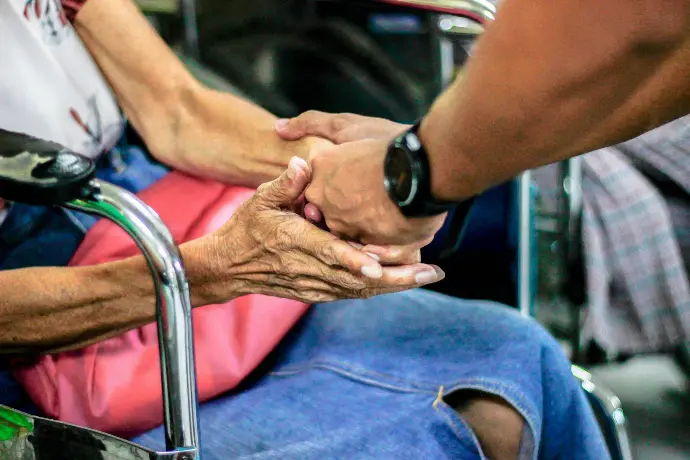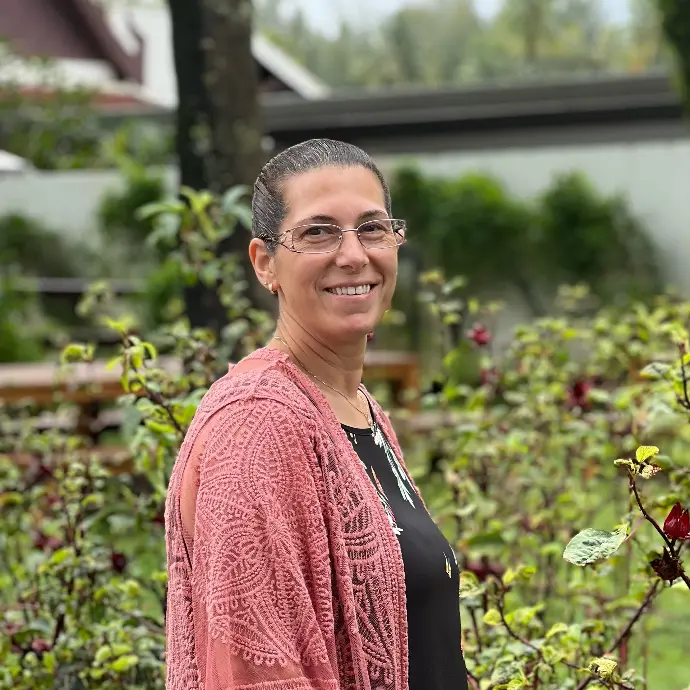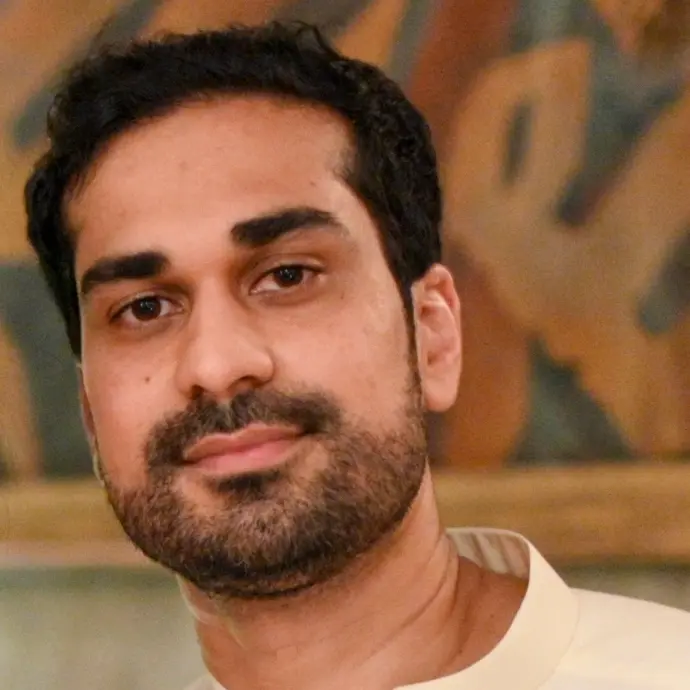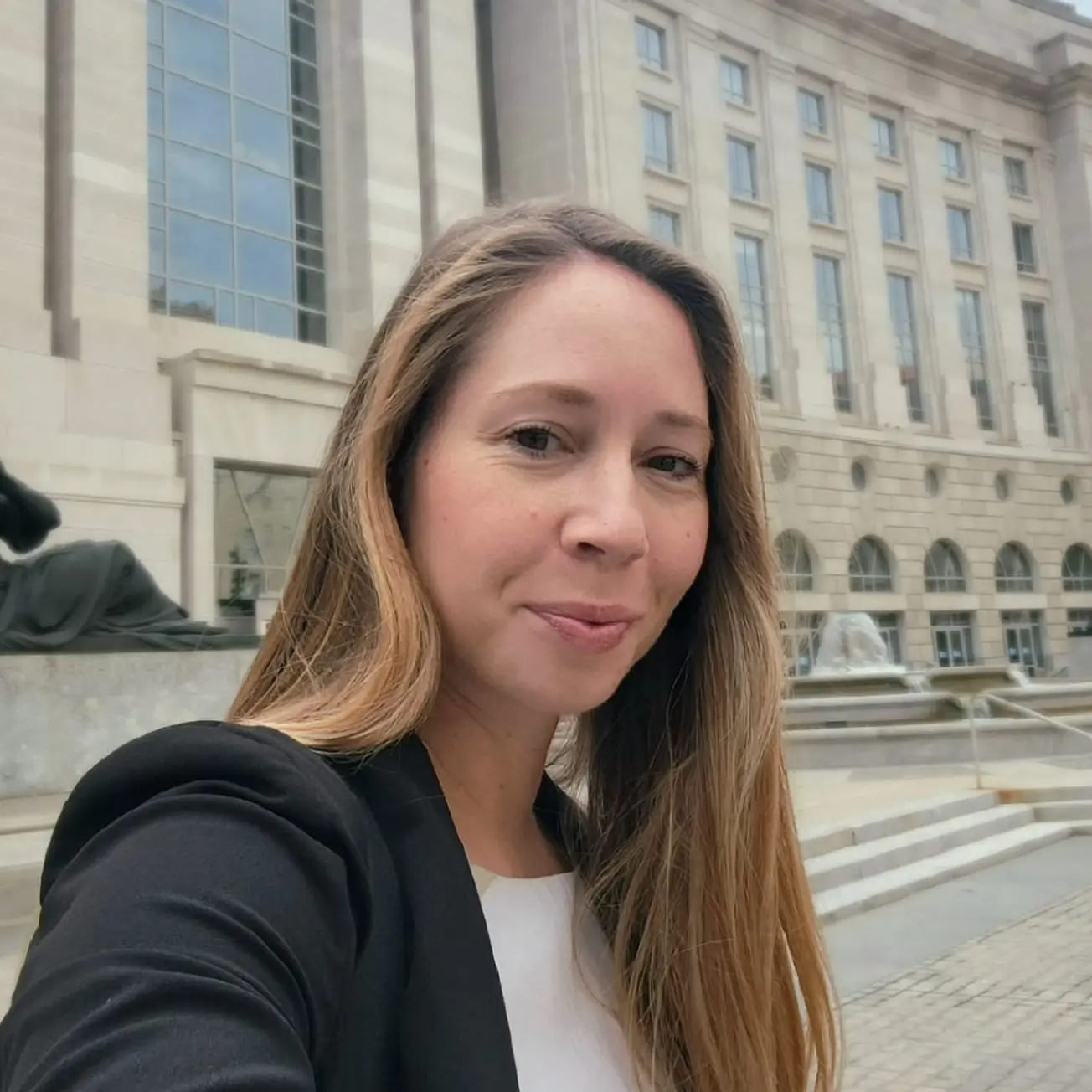
Who we are.
The World Path Institute draws from diverse lived experience to bring hope, light, and alleviation of suffering to people throughout the world. Its founding pillars include continuous life education, research, diplomacy, and humanitarian service. Its goal is to provide guidance and support for the restoration of the human spirit, regardless of condition, creed, nationality, or ethnicity.
Based in the traditions of spiritual Islam, the World Path Institute embraces principles of harmony, unity, and submission to divine will common throughout world religions. It also strives to support the humanity common to every individual, following in the example of Muhammad, the Messenger of God, may peace and blessings be upon him, and the prophets and messengers before him.
Our humanitarian service focuses on international relief for those afflicted by war, disease, or disaster.
See more about specific humanitarian relief efforts through our outreach program
What we do.
We provide amenities for those in need.

Immediate housing for those in need regardless of their social/Economic standing. Often the first difficulty most people face in situations of disaster is displacement.
Providing food and nutrition for those in need requires a multi-faceted approach that addresses both immediate hunger and long-term nutritional health. One effective strategy is to collaborate with local food banks, shelters, and community organizations to distribute nutritious meals and food parcels to individuals and families facing food insecurity. Additionally, establishing community gardens or supporting existing ones can empower communities to grow their own fresh produce, promoting food sovereignty and access to nutritious foods. Education about healthy eating habits, budget-friendly meal planning, and cooking skills is also crucial in empowering individuals to make nutritious choices with limited resources.
Ensuring access to health services for those in need requires a comprehensive and compassionate approach that addresses both immediate healthcare needs and long-term wellness goals. Collaborating with local healthcare providers, clinics, and hospitals is essential to establish avenues for free or low-cost medical care, including check-ups, screenings, and treatment for common ailments. Mobile clinics and telemedicine services can also reach individuals in remote or underserved areas, breaking down barriers to healthcare access. Furthermore, providing preventative care through vaccination drives, health education campaigns, and disease prevention initiatives can empower communities to take charge of their well-being and reduce the burden on healthcare systems. Mental health support, including counseling services and support groups, should also be integrated into healthcare initiatives to address the psychological aspects of overall wellness. Partnering with community organizations and advocacy groups can help tailor health services to meet the specific needs of marginalized populations, such as refugees, the homeless, and the elderly, ensuring equitable access to care for all. Ultimately, a holistic approach that combines medical treatment, prevention, and community empowerment is crucial for promoting health equity and improving the well-being of underserved populations.
Providing effective disaster relief requires a coordinated and compassionate response that addresses both immediate needs and long-term recovery efforts. Collaborating with local emergency response teams, government agencies, and non-profit organizations is essential to rapidly deploy aid to affected areas, including food, water, shelter, and medical supplies. Establishing emergency shelters and distribution centers can provide a safe haven for displaced individuals and families, offering essential resources and support services. Additionally, implementing early warning systems and disaster preparedness training can help communities better anticipate and mitigate the impact of future disasters, enhancing resilience and reducing vulnerability. Long-term recovery efforts should focus on rebuilding infrastructure, restoring livelihoods, and providing mental health support to survivors coping with trauma and loss. Partnering with community leaders, volunteers, and international aid organizations can amplify relief efforts and ensure that assistance reaches those most in need, regardless of geographical or socio-economic barriers. By prioritizing collaboration, preparedness, and compassion, disaster relief initiatives can effectively support communities in their time of greatest need and facilitate a path towards recovery and resilience.
Promoting workforce development requires a strategic and inclusive approach that addresses both immediate employment needs and long-term career growth opportunities. Collaborating with local businesses, industry associations, and educational institutions is essential to identify emerging job trends and skill requirements. Establishing vocational training programs, apprenticeships, and job placement services can equip individuals with the skills and experience needed to secure gainful employment in growing sectors of the economy. Additionally, offering career counseling, resume building workshops, and interview preparation sessions can empower job seekers to effectively navigate the job market and pursue fulfilling career paths. Investing in adult education and retraining initiatives can also support individuals in transitioning to new industries or advancing within their current fields, promoting economic mobility and social inclusion. Furthermore, fostering partnerships with employers to create inclusive hiring practices and workplace diversity initiatives can ensure equitable access to employment opportunities for underserved populations, including minorities, immigrants, and individuals with disabilities and life threatening illness. By prioritizing collaboration, skill-building, and inclusivity, workforce development initiatives can help individuals thrive in the ever-evolving job market and contribute to the economic vitality of communities.
Developing a program to support orphans requires a compassionate and holistic approach that addresses their immediate needs for shelter, care, and emotional support while also fostering their long-term well-being and development. Collaborating with local orphanages, child welfare organizations, and community leaders is essential to identify the specific needs of orphaned children and create tailored interventions. Establishing safe and nurturing residential facilities staffed by trained caregivers can provide orphans with a stable and supportive environment where they can thrive physically, emotionally, and socially. Additionally, offering access to education, healthcare, and recreational activities can empower them to reach their full potential and break the cycle of poverty. Providing trauma-informed counseling and mental health services is also crucial in helping orphaned children cope with the loss of their parents and build resilience in the face of adversity. Moreover, facilitating mentorship programs and life skills training can prepare older orphans for independent living and successful integration into society as they transition into adulthood. Collaborating with government agencies, philanthropic organizations, and volunteers can amplify the impact of the program and ensure sustainable support for orphaned children in need. By prioritizing collaboration, compassion, and comprehensive care, a program to help orphans can provide them with the love, stability, and opportunities they deserve to thrive and lead fulfilling lives.
Changing the world is possible. We’ve done it before.

Dr. Hassaan Joosub
Director of International Coordination

Alana Ross
Treasurer

Adnan Joosub
Director of Southern Africa

Daniel Hochstine
Director of Media Relations

Sheyanza Basheer
Secretary

Marissa Bell, PhD
Senior Advisor for Policy and Engagement

David Bell, PhD
Deputy Director

Bilal Huzair
Director